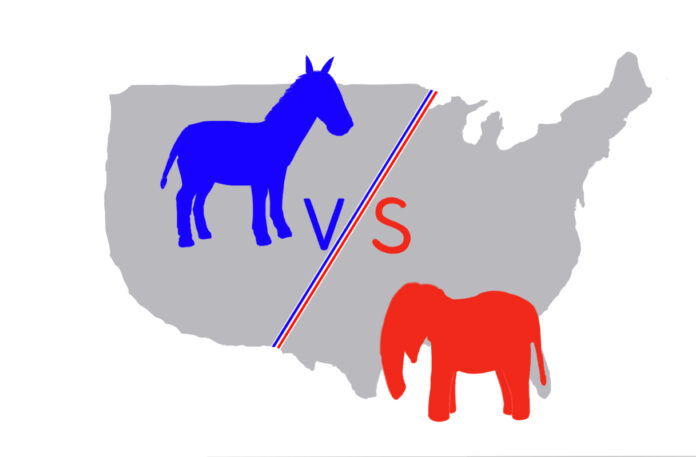Isabella McNutt ’27 is a government and history double major, and she is a member of Alpha Chi Omega. She loves traveling, reading and music. Email her at immcnutt@wm.edu.
The views expressed in the article are the author’s own.
As election day looms closer, the atmosphere in the United States feels charged, almost electric — yet distinctly unnerving. Living overseas, I spent years observing the chaos of election cycles through the lens of morning news, podcasts and social media; however, I never fully grasped the palpable tension until I found myself living here during this critical time. The hype, the outrage, the celebrity endorsements — it all seemed like a distant spectacle until I became a participant in this high-stakes drama. In these final days leading up to the election, the weight of anticipation feels suffocating. Conversations become fraught with unspoken rules. Among friends, family and colleagues, there’s an unspoken agreement to tread lightly around political discussions. We’ve all witnessed how quickly dialogue can spiral into heated arguments. It’s as if we’re all tiptoeing through a minefield, anxious to avoid triggering explosive reactions.
But the irony is striking: while we shy away from expressing our beliefs face-to-face, our online personas tell a different story. Social media platforms become arenas for unfiltered opinions, where individuals feel empowered to voice their political leanings without the constraints of real-world interactions. Behind screens, people share passionate posts, memes and articles that reflect their true sentiments, often with little regard for the potential fallout in their actual lives.
This dichotomy highlights a broader societal issue: the increasing polarization that defines our political landscape. It seems we are more comfortable shouting our opinions into the void of cyberspace than engaging in meaningful discourse with those around us. The anonymity of the internet allows for a certain freedom, but it also fosters a culture of division, where understanding and nuance are sacrificed for the sake of partisanship.
As we navigate this tumultuous period, it’s essential that we recognize the toll constant exposure to election-related chaos can take on our mental health. The barrage of headlines, celebrity endorsements and polarizing social media posts can feel overwhelming. Stress and anxiety bubble up as we watch the country grapple with issues that affect us all — issues that often seem overshadowed by the spectacle of the election itself. In this tense atmosphere, we must remind ourselves of the value of open dialogue. While avoiding contentious topics may seem like the safest route, it ultimately stifles the opportunity for connection and understanding. We must strive to create spaces where we can engage with differing perspectives without fear of reprisal. Yes, it’s difficult. Yes, it may lead to uncomfortable conversations. But it’s in those moments of vulnerability that we can foster empathy and bridge the divides that seem to grow wider with each election cycle. You should still post, tweet and share your opinions because it’s still important to express your opinion. But we should talk about them too — without having to engage in a screaming match or shed a tear of frustration.
As the countdown to election day continues, let us take a deep breath. Instead of retreating into our corners — hiding behind our screens and personal beliefs — let’s challenge ourselves to engage in real conversations. It’s time to step out of the shadows of social media and into the light of dialogue, where we can express our views while still being open to the perspectives of others. After all, democracy thrives not just on our right to vote, but on our ability to listen, learn and grow together, even in the midst of chaos.

